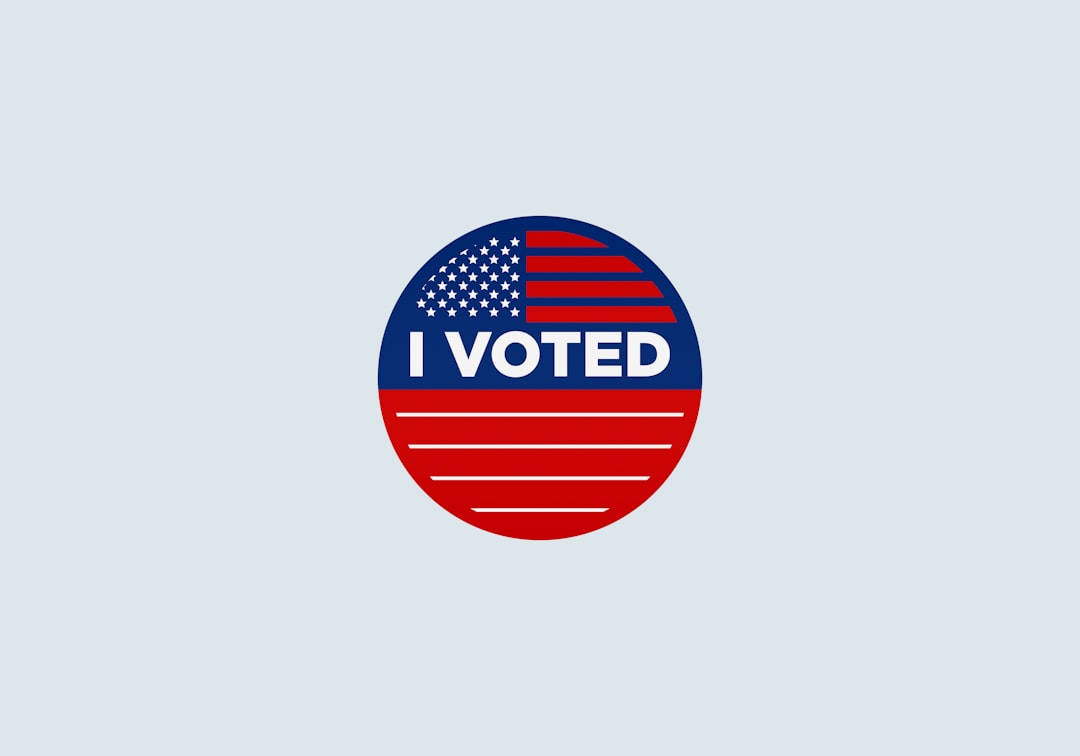The Voter ID debate is old. We all know the talking points: “Voter ID is voter suppression” or “Voter ID is common sense election reform” - you get it. The general consensus over time has been that Democrats are on one side and Republicans on the other, but is that still the case?
81% of respondents were in favor of having to show ID to vote, including 62% of Democrats
In June of 2021, less than a year after the 2020 election and at a time when our nation was arguably the most divided politically, Forbes published poll findings regarding Voter ID. Surprisingly the poll found that 81% of respondents were in favor of having to show ID to vote, including 62% of Democrats. Who, let's recall, the media places on the side of anti-voter ID.
The debate with voter ID has largely been access vs security with both major political parties taking their perspective sides. However, time and studies have shown that this debate is getting old. Though we have been conditioned to believe access and security are mutually exclusive, most Americans understand they are not and are relatively on the same page when it comes to the need for both.
Instead, the conversation we should be having is to address the level of civic responsibility that is required when it comes to voting. In the growing age of prioritizing convenience through technological advances, our culture has become lazy over basic civic actions. There needs to be a threshold of responsibility that lands on the voter to participate in their civic duty.
Looking specifically at voter ID, states nationwide have made registering to vote as easy as it has ever been with some only asking for one thing - confirming you are who you say you are, which for many we already do on a daily basis. Critics will say that Voter ID disproportionately affects low-income and those with disabilities who are unable to obtain an ID. What they don’t mention is that in states requiring Voter ID, there are extensive lists of alternative means to verify identity aside from a state drivers license. In addition, these states also list exceptions for specific cases and some even offer programs for individuals to receive a free ID through the state. With that in mind the question then becomes is this still about access or is this about reducing the level of civic-responsibility?
If the level of civic responsibility continues to be reduced, it is not far off to think one day they will push for the ability to vote from home via your cell phone under the guise of ‘access’. As it is right now, mail-in voting is on the rise. Currently there are 8 states holding what is commonly referred to as ‘all-mail elections’, with some using automatic systems where all eligible voters receive their ballot by default. We must think about what this move could do to our elections, their validity, security and the public’s confidence in them.
The voter ID debate is old, the narratives have been debunked countless times and it’s time for us to discuss the real issues at hand.





